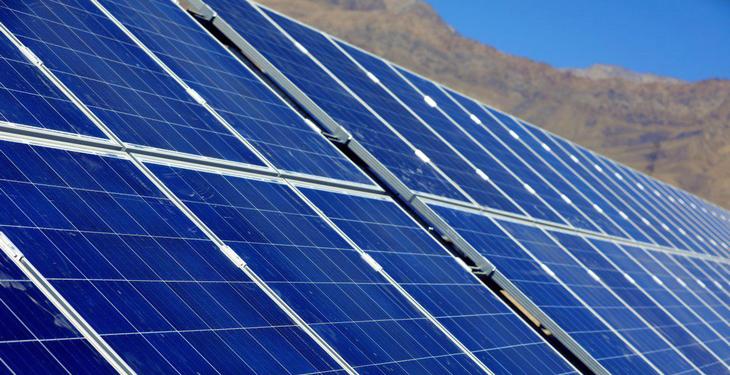A unique coalition of businesses and investors representing over €21 trillion in assets have joined forces with local authorities and civil society groups to urge EU leaders to accelerate the transition to a zero-carbon economy in order to keep global warming below 2°C.
Europe needs to raise its level of ambition in order to keep global warming “well below 2°C”, the headline objective of Paris Agreement on climate change.
This is the main message of a letter to EU leaders sent on Tuesday (12 June) by the “Coalition for Higher Ambition” whose members include the Corporate Leaders Group representing key European businesses, the Climate Group bringing together businesses and governments at the global level, and the Institutional Investors Group on Climate Change (IIGCC), representing over €21 trillion in assets, according to Euractiv.com.
Highlighting the exceptional nature of the coalition, environmental NGOs, which are often sceptical of corporate action on climate change, have joined the group of signatories. Local and regional authorities are also represented through the Climate Alliance, which brings together 1,700 municipalities and mayors from across the world who committed to reduce greenhouse gas emissions by 10% every 5 years.
“Together we believe that the full implementation of the Paris Agreement means much deeper emission cuts than currently planned,” said Wendel Trio, Director of Climate Action Network Europe, an environmental group.
“Europe must embark on a pathway that delivers on the 1.5°C objective of the Paris Agreement,” Trio said. According to him, “this means adopting the Parliament’s position on the future energy legislation, but also much more than that: considerably increasing the target for reducing carbon emissions by 2030 and cutting emissions to net zero by 2050 at the latest.”
At European level, policymakers are currently discussing a package of laws that will define the EU’s climate and energy policy for 2030 – including targets on greenhouse gas emissions, energy efficiency and renewables. A public consultation on a 2050 low-carbon roadmap is also due to launch in July, with a view to adopting a European “mid-century” strategy before the European elections next year.
But while countries like France, Sweden and the Netherlands have shown willingness to raise the EU’s climate objectives for 2030, others like the “Visegrad Four” countries of Central Europe – Czech Republic, Slovakia, Hungary and Poland – have slammed the brakes, highlighting the cost of the transition.
